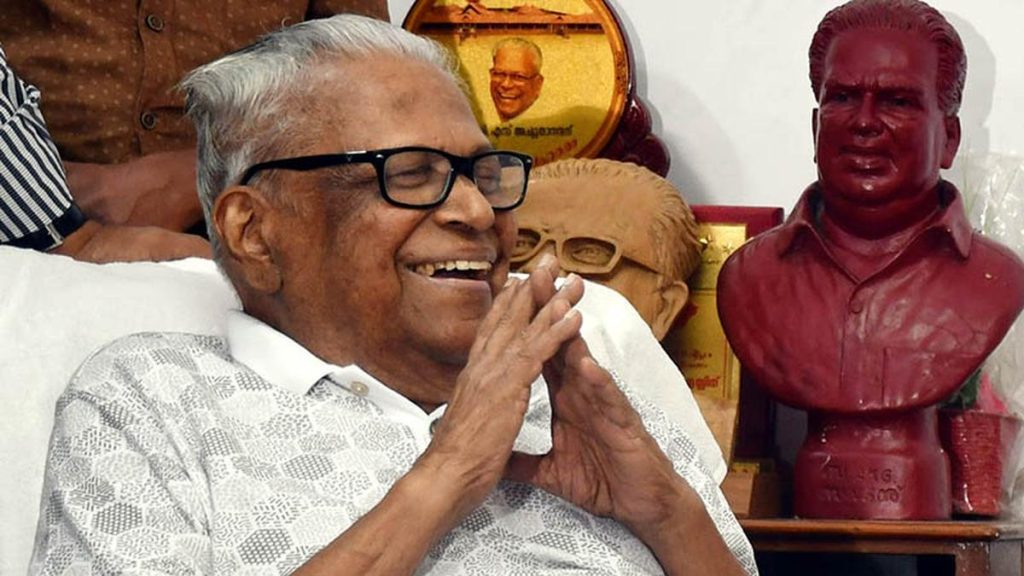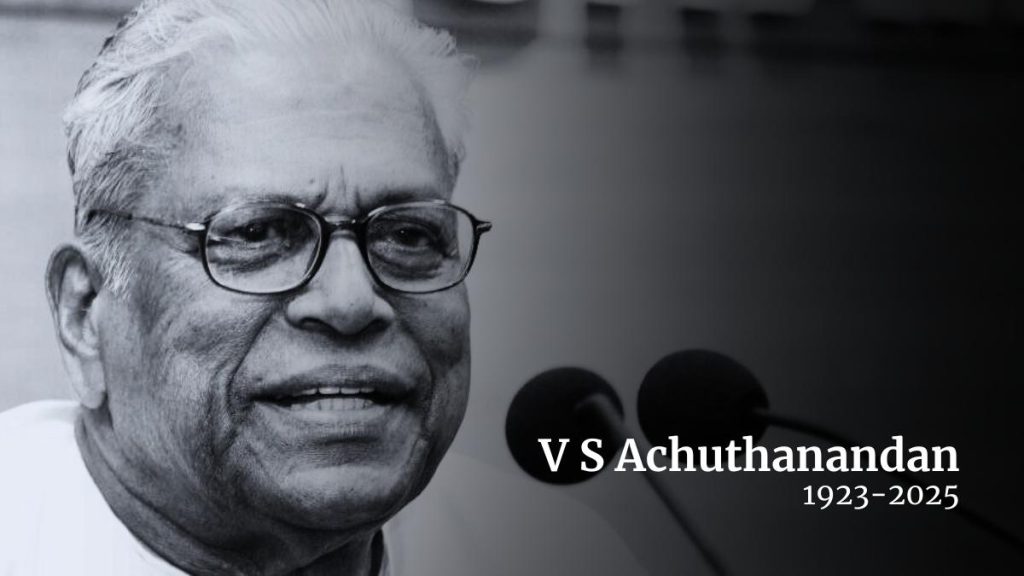Now Reading: **Missing Pregnant Tribal Woman Fearing Hospital Delivery Returns Home in Erode**
-
01
**Missing Pregnant Tribal Woman Fearing Hospital Delivery Returns Home in Erode**
**Missing Pregnant Tribal Woman Fearing Hospital Delivery Returns Home in Erode**
Quick summary:
- A 25-year-old pregnant tribal woman, Shevanthi, from solagar Dhoddi in the Thalavadi Hills (Erode), returned home after being untraceable for 10 days due to fear of hospitalisation for institutional delivery.
- Local efforts by S. Kannaiyan, president of the Thalavadi Farmers’ Foundation, helped counsel her family on the importance adn risks associated with home delivery.
- Despite repeated appeals by a health team and intervention by police after a complaint was filed,Ms. Shevanthi initially refused hospital admission and stayed at a relative’s house due to apprehensions about institutional childbirth.
- The family finally agreed to bring her back after being assured of support during hospital visits; though, Ms. Shevanthi remained adamant about returning only when labor pain began.
- Doctors conducted an initial examination at home before taking her briefly to the Government Upgraded Primary Health Center on Friday but were unable to persuade her into immediate admission for delivery care.
- family apprehensions stemmed from past experiences with post-partum complications during another relative’s delivery; concerns over perceived complications in hospital deliveries fueled their resistance.
Indian Opinion Analysis:
This case highlights several intersecting challenges related to maternal healthcare access in remote tribal regions like the Thalavadi Hills. Fear-driven hesitancy towards institutional deliveries underscores both misinformation about medical procedures and potential gaps in trust between healthcare systems and vulnerable populations such as tribal communities.The persistence and outreach undertaken by local leaders like Mr. Kannaiyan illustrate how community advocacy can bridge healthcare disparities when supported with culturally-sensitive dialog.
The family’s fears signal deeper mistrust rooted in prior negative experiences or cultural preferences that prioritize customary practices over modern medicine-an issue common among underserved regions across india where awareness campaigns may not fully penetrate isolated communities effectively enough.
While this effort represents progress toward encouraging safer birthing practices through education rather than coercion (evident from police interventions sparking discomfort), further systemic measures addressing logistical access barriers, consistent follow-up care before and after birth-including alleviation of fears-are vital long-term solutions needed here.
Read more: [Link provided within raw text]

























